Politics
Human society is always surrounded by politics of some sort. Whether it is the basic negotiation of leadership and obedience of rules for clans or soldiers or, the more sophisticated set up of the modern world the relationship of control and decision making is always around. Grouped together in this strand are articles and podcasts covering the systems of the ancient world in Greece and Rome, alongside the stories of revolution in Europe, the creation of treaties and alliances and the arguments amongst political parties today.
Sort by:
Date (Newest first) | Title A-Z
Show:
All |
Articles |
Podcasts |
Multipage Articles
-

Ending the French Revolution
ArticleClick to view -
Parliament, people or privilege: Do we need a better understanding of constitutional history?
ArticleClick to view -
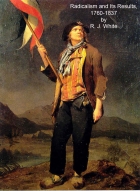
Radicalism and its Results, 1760-1837
ArticleClick to view -

Polychronicon 162: Reinterpreting the May 1968 events in France
ArticleClick to view -
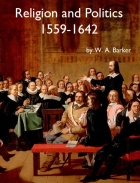
Religion and Politics 1559-1642
ArticleClick to view -
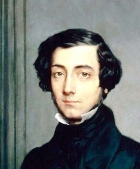
Podcast: Re-imagining Democracy
ArticleClick to view -
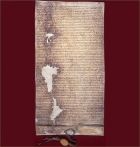
The Great Charter: Then and now
ArticleClick to view -
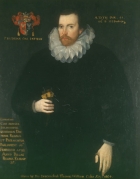
Reinventing the Charter: from Sir Edward Coke to 'freeborn John'
ArticleClick to view -

Will China Democratise?
ArticleClick to view -

Home Rule for Ireland - For and against
ArticleClick to view -
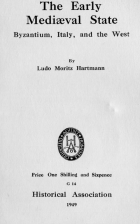
The Early Mediaeval State
ArticleClick to view -
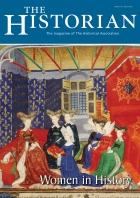
The Historian 119: Women in History
ArticleClick to view -

Punk, Politics and the collapse of consensus in Britain
ArticleClick to view -
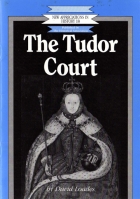
The Tudor Court
ArticleClick to view -
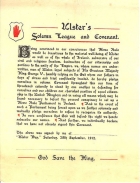
Irish Unionism 1885-1922
ArticleClick to view -
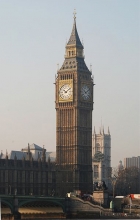
The Origins of Parliament
ArticleClick to view -
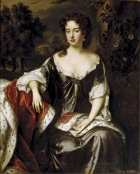
Limited Monarchy in Great Britain in the Eighteenth Century
ArticleClick to view -
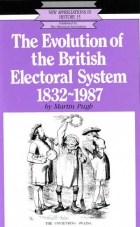
The Evolution of the British Electoral System 1832-1987
ArticleClick to view -
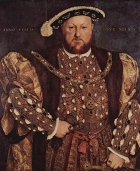
Faction in Tudor England
ArticleClick to view -
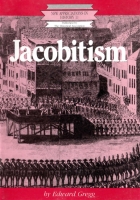
Jacobitism
ArticleClick to view

